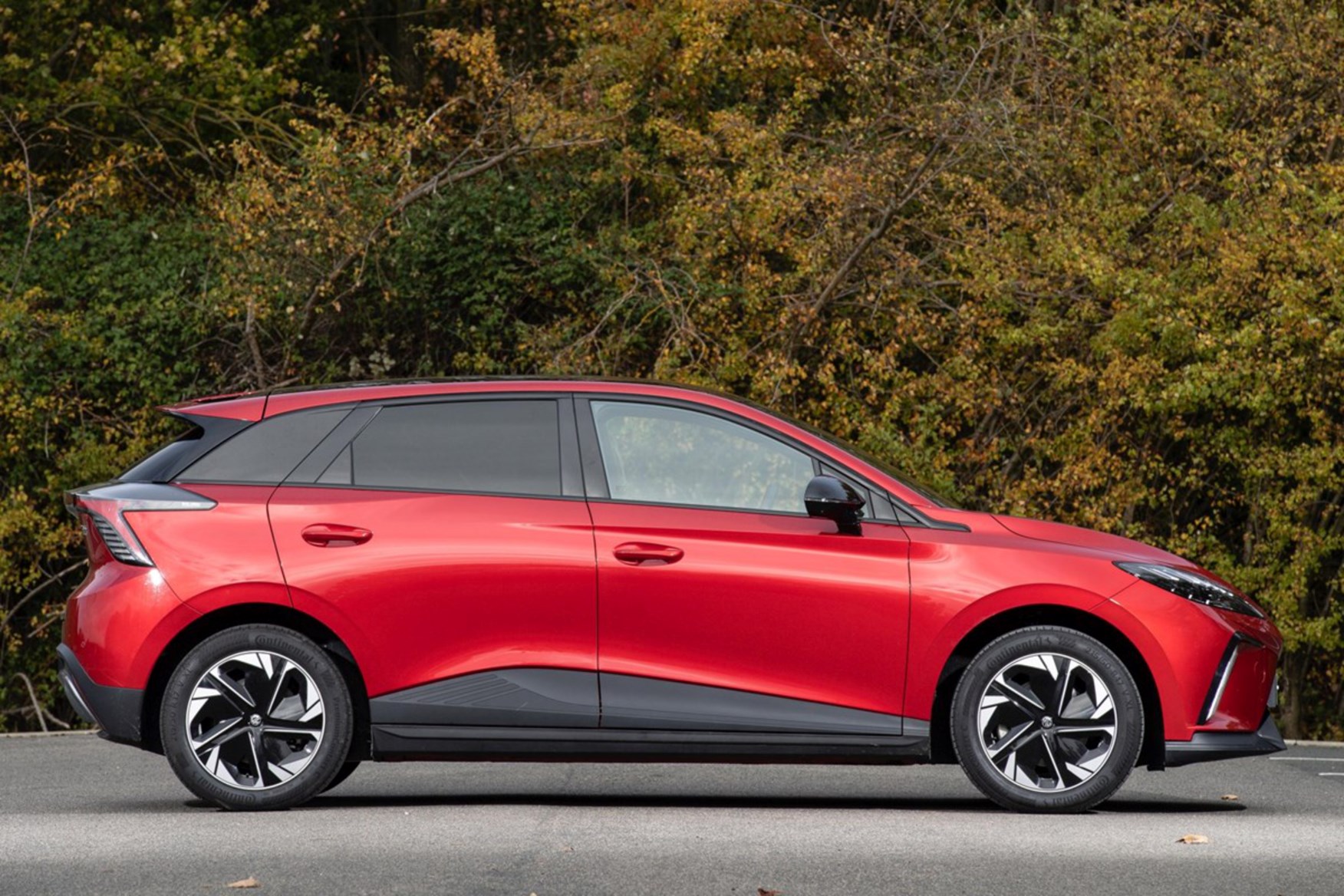As technology continues to advance, the automotive industry has seen a significant increase in the use of electronic control units (ECUs) and engine control modules (ECMs). These two terms are often used interchangeably, but are they really the same thing? In this article, we will explore the differences and similarities between ECUs and ECMs, and provide insights into their functions and applications.
What is an ECU?
An ECU, or electronic control unit, is a microprocessor-based device that controls various electrical systems in a vehicle. These systems include the engine, transmission, brakes, and other critical components. The ECU receives input signals from various sensors and uses this information to control the output signals to the actuators. ECUs are typically found in modern vehicles and are responsible for managing the engine's fuel injection, ignition timing, and emissions control.
What is an ECM?
An ECM, or engine control module, is a type of ECU that specifically controls the engine's functions. The ECM is responsible for monitoring and adjusting the engine's performance, including fuel injection, ignition timing, and emissions control. The ECM receives input signals from various sensors, such as the oxygen sensor and throttle position sensor, and uses this information to adjust the engine's performance. The ECM is typically located in the engine compartment and is connected to the engine's wiring harness.
Differences between ECU and ECM:
While ECUs and ECMs are both types of electronic control units, there are some key differences between the two. The main difference is that an ECM is a type of ECU that specifically controls the engine's functions, while an ECU controls various electrical systems in a vehicle. Additionally, an ECM is typically located in the engine compartment, while an ECU can be located in various parts of the vehicle.
Similarities between ECU and ECM:
Despite their differences, ECUs and ECMs share some similarities. Both devices use microprocessors to control various systems in a vehicle, and both receive input signals from various sensors. Additionally, both devices use output signals to control the actuators that operate the various systems.
Applications of ECU and ECM:
ECUs and ECMs are critical components in modern vehicles, and their applications are vast. ECUs are used to control various electrical systems, including the engine, transmission, brakes, and other critical components. ECMs, on the other hand, are specifically designed to control the engine's functions, including fuel injection, ignition timing, and emissions control. Both devices are essential for ensuring that a vehicle operates efficiently and safely.
Conclusion:
In conclusion, while ECUs and ECMs are often used interchangeably, they are not the same thing. An ECU is a microprocessor-based device that controls various electrical systems in a vehicle, while an ECM is a type of ECU that specifically controls the engine's functions. Despite their differences, both devices are critical components in modern vehicles and are essential for ensuring that a vehicle operates efficiently and safely.


